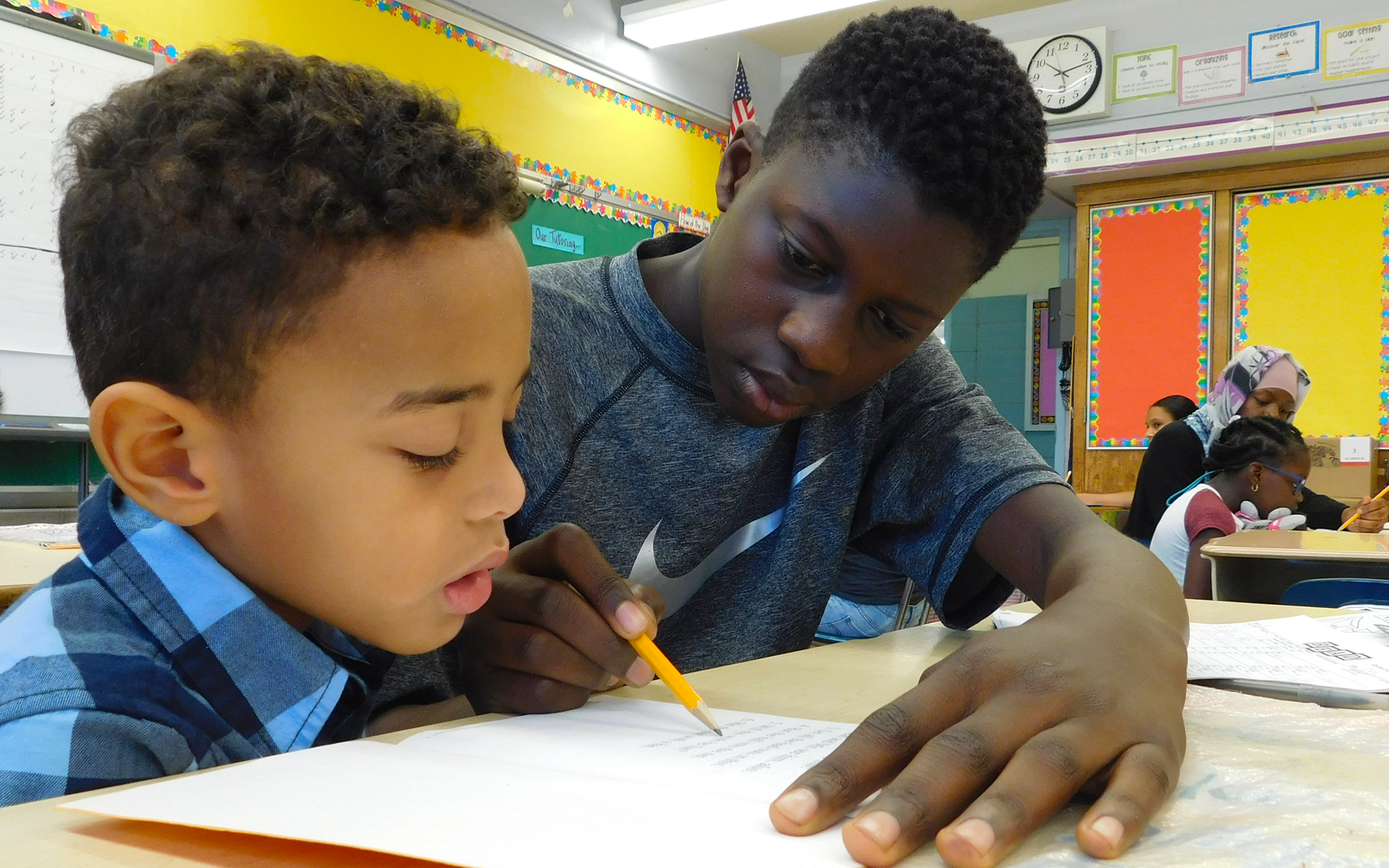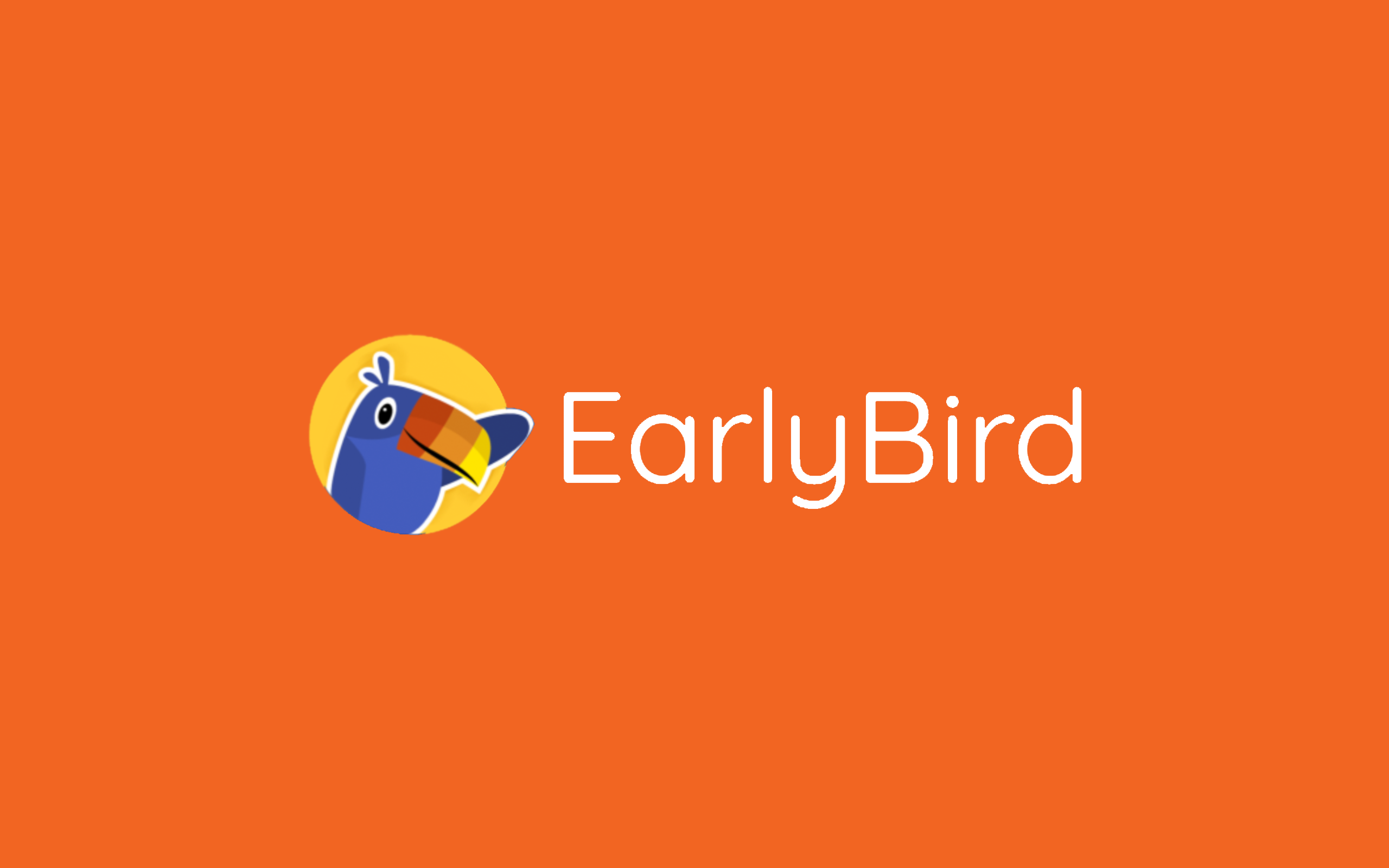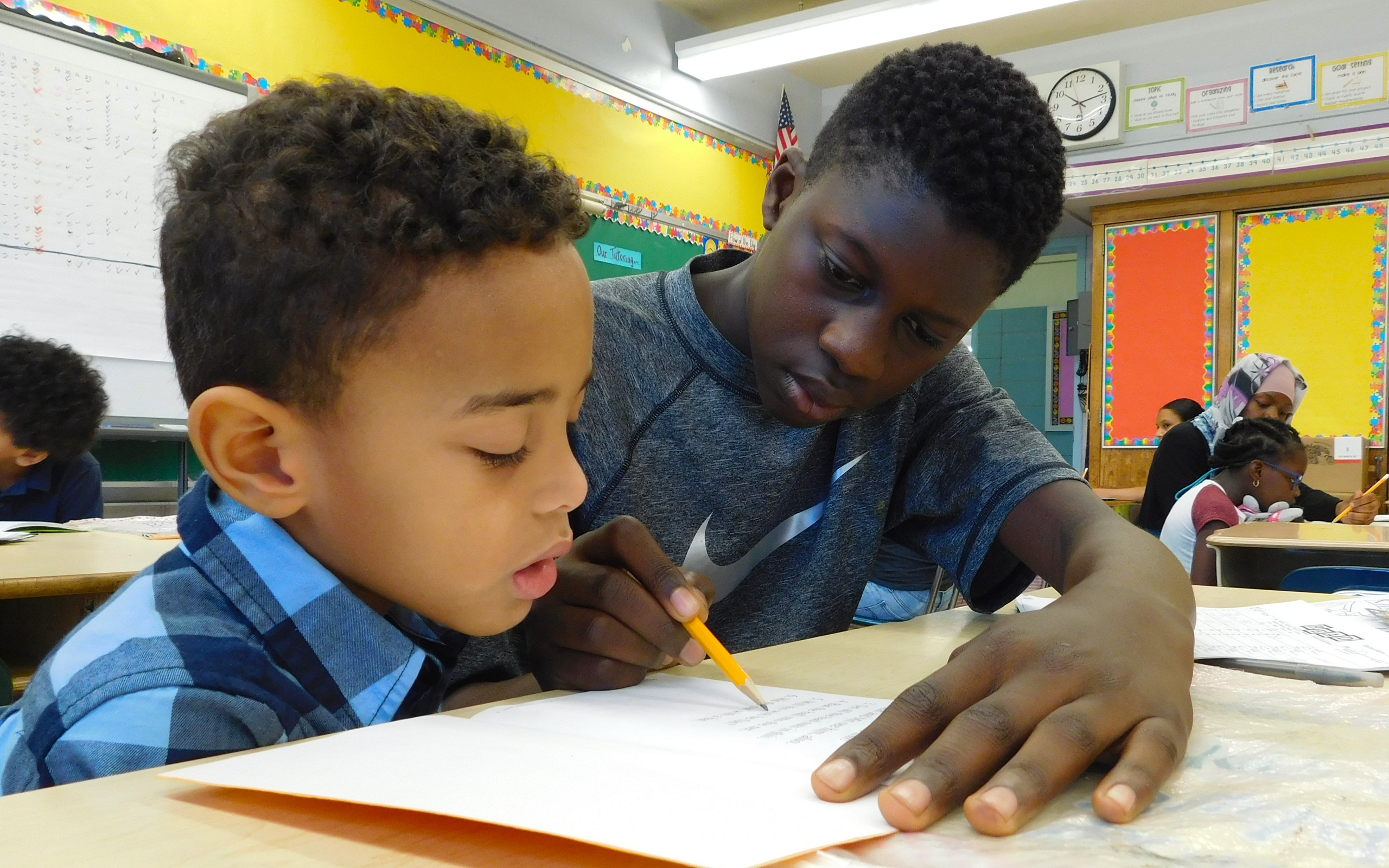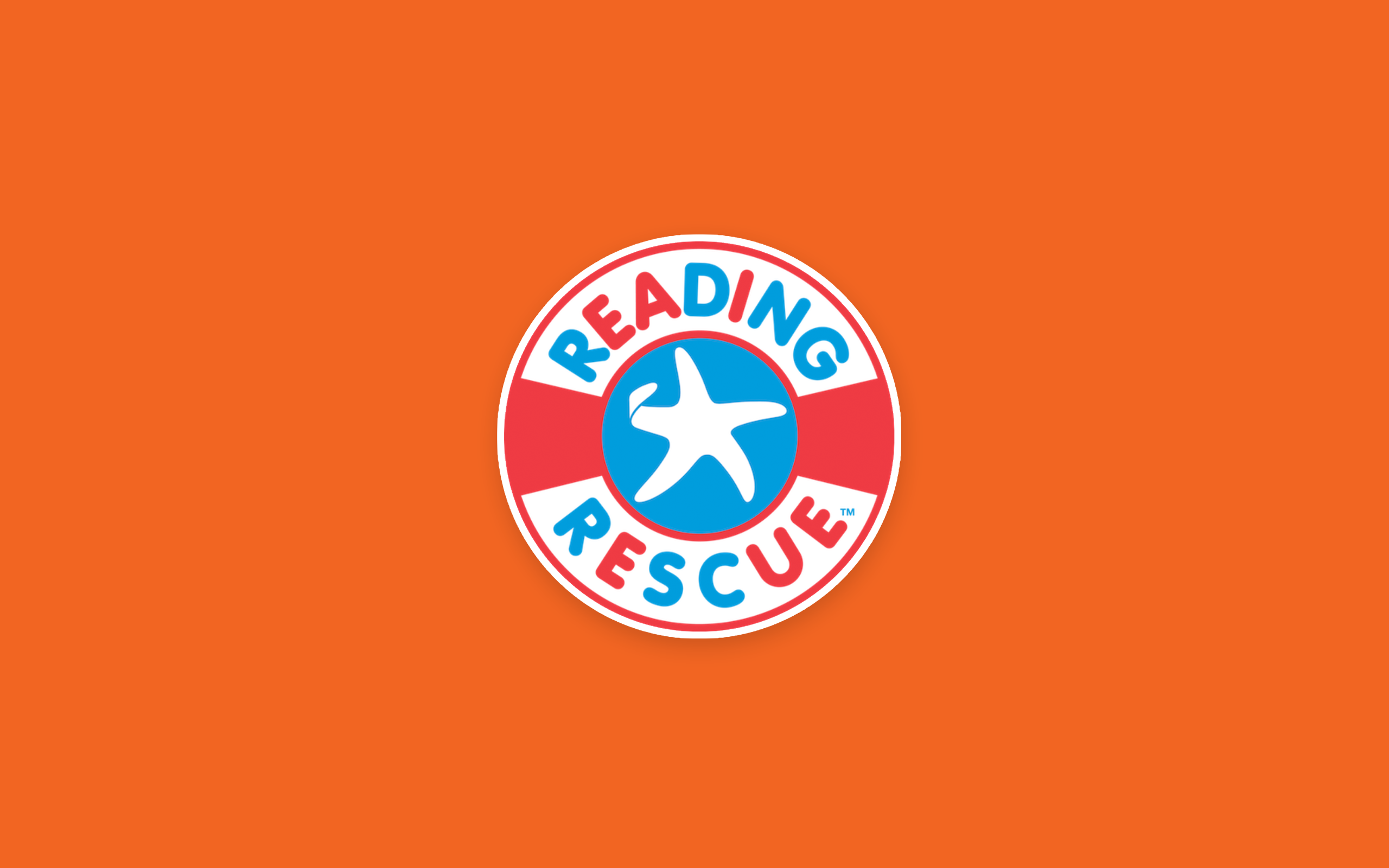20
20
Year in
Review
- Chapters
- 1 Early Literacy
- 2 College Access & Success
- 3 Capacity Building
- 4 Career Readiness & Jobs
- 5 Emergency Grants
Early Literacy

In 2020 our support in early literacy included traditional grantees which we have supported over many years as well as new emergency funding to organizations which focused on remote grade-level literacy remediation, and we measured outcomes using well-accepted criteria.
Dyslexia/EarlyBird

Dr. Nadine Gaab of Harvard and Boston Children’s Hospital (BCH) in collaboration with Dr. John Gabrieli of MIT have shown (through a study of more than 1,500 kindergarteners) that a carefully-selected screening battery can identify children at risk of developing dyslexia. With our support, Dr. Gaab partnered with BCH’s Digital Health Accelerator, an arm of BCH that builds and scales digital technologies, to develop an early developmental dyslexia and reading disability screening app. The app, EarlyBird, can be readily accessed by parents, teachers, and pediatricians and consists of an interactive, engaging game that screens for early indicators of dyslexia in just 30 minutes. We were an early funder of the development phase of the app and an early validation of the screener. Our 2020 grant funded the final validation phase of the app which will allow its completion and provide a tangible dyslexia diagnostic tool that is ready to be piloted in schools across the country.
Practice Makes Perfect

Practice Makes Perfect (PMP) met our challenge to operate remote programming in response to the pandemic. With our support, it operated a virtual summer academic enrichment program in July and August 2020 during which students in grades 3-8 met three times per week in groups of three to six students with one PMP instructor. In addition, students were prompted to do thirty minutes of independent reading on LightSail and math practice on Khan Academy daily. A baseline assessment was administered to track academic improvement. PMP also tracked usage of independent content to better understand correlations between usage and score increases. Students showed significant gains in reading ability (30 lexile levels) and spent approximately two million minutes completing work on Kahn Academy.
Read Alliance

We made a 2020 grant to Read Alliance (READ) to pilot a virtual one-on-one tutoring program for students in kindergarten through second grade. The READ program was taught by paid, low-income high school students who functioned as reading tutors. The tutors were trained by READ staff in phonics-based curriculum, data collection and behavior management. READ is using learnings from the pilot to inform how to best implement virtual tutoring programming during the academic year.
Reading Rescue/The Go Project

College students enrolled in education courses are often required to spend extensive hours conducting fieldwork (typically observing or supporting other teachers). Our 2020 grant created a unique and replicable strategic partnership between CUNY Brooklyn College (BC), Reading Rescue, and The GO Project (GO). Brooklyn College students enrolled in graduate and undergraduate early childhood literacy courses can now accomplish required fieldwork hours by tutoring struggling readers in New York City public schools via Reading Rescue, a one-on-one research and evidence-based intervention targeted to support high-need first-grade students who are reading below grade-level expectations.
Our 2020 grant also enabled GO to pilot Reading Rescue for the first time in a CBO setting. The targeted sessions included a combination of guided reading and phonics which helped students build key foundational skills and support leveled growth. GO measured reading growth for its students using the same measure as the BC collaboration, Okapi and Fountas & Pinnell, so that we were able to track the students’ successful outcomes.
Springboard Collaborative

Springboard Collaborative, which harnesses the potential of parent-teacher collaboration to close the literacy gap, was founded in Philadelphia and, after impressive results, we underwrote its expansion to New York City. During a typical summer, students experience a three-month regression in reading level; Springboard’s programming not only avoids the regression but replaces it with an average 3.1-month gain. The five-week program includes daily reading instruction for Pre-K through third graders and weekly workshops to train parents to teach reading at home. Our 2020 support allowed Springboard to take the learnings from its flagship model and pilot a summer distance learning program that focused on supporting at-home reading habits. This resulted in substantial reading growth for 1,000 students in Pre-K through fourth grade. Teachers guided families to sign up for Springboard Connect, a home literacy app that provides reading strategies and reminders and, once the program began, teachers administered a baseline assessment and set individual reading growth goals for each student. All families also had access to a library of e-books leveled for reading ability and available in multiple languages.